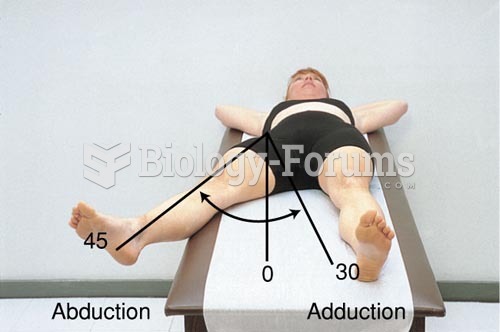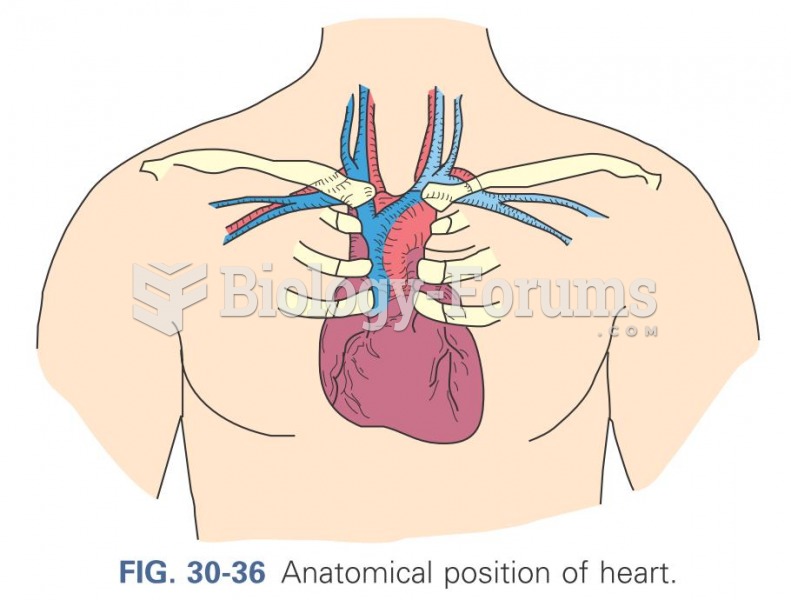|
|
|
People with high total cholesterol have about two times the risk for heart disease as people with ideal levels.
Cancer has been around as long as humankind, but only in the second half of the twentieth century did the number of cancer cases explode.
Atropine, along with scopolamine and hyoscyamine, is found in the Datura stramonium plant, which gives hallucinogenic effects and is also known as locoweed.
In the United States, an estimated 50 million unnecessary antibiotics are prescribed for viral respiratory infections.
The National Institutes of Health have supported research into acupuncture. This has shown that acupuncture significantly reduced pain associated with osteoarthritis of the knee, when used as a complement to conventional therapies.







